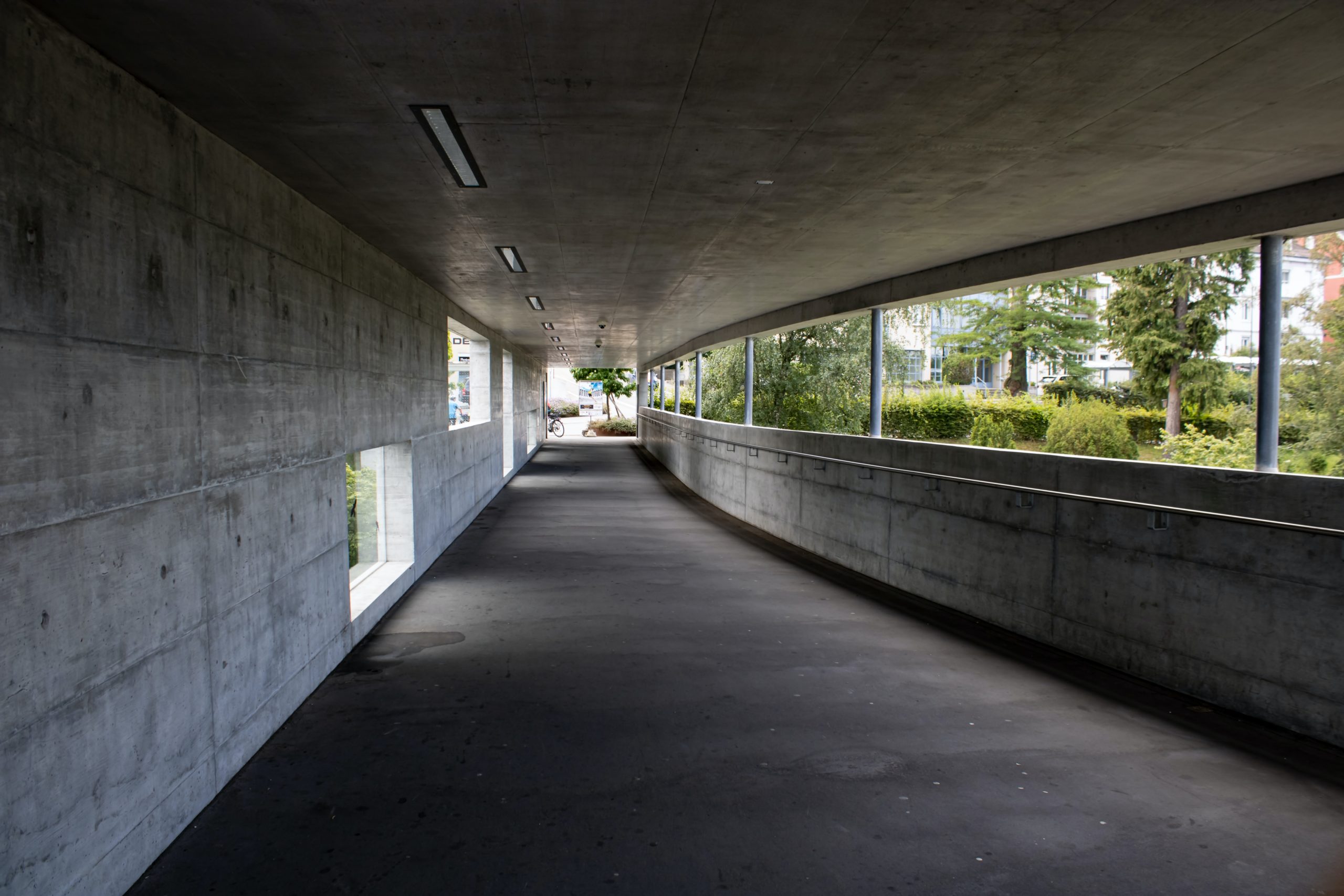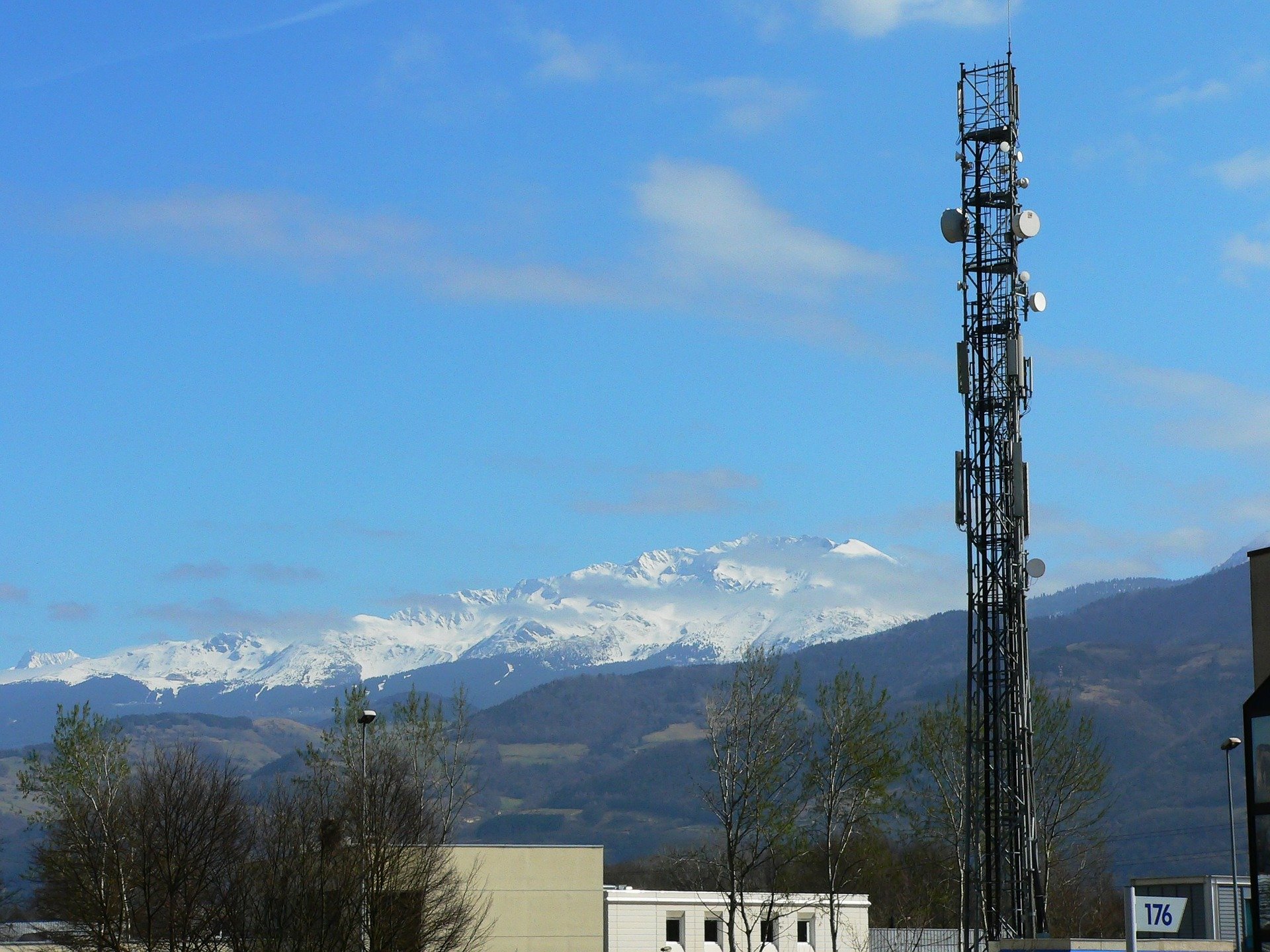Carrot cement: How root vegetables and ash could make concrete more sustainable
Concrete has become our building material of choice for countless structures such as bridges, towers and dams. But it also has a huge environmental footprint mostly due to carbon dioxide emissions from the production of cement – one of its main constituents. Researchers are now experimenting with root vegetables and recycled plastic in concrete to … Read more






